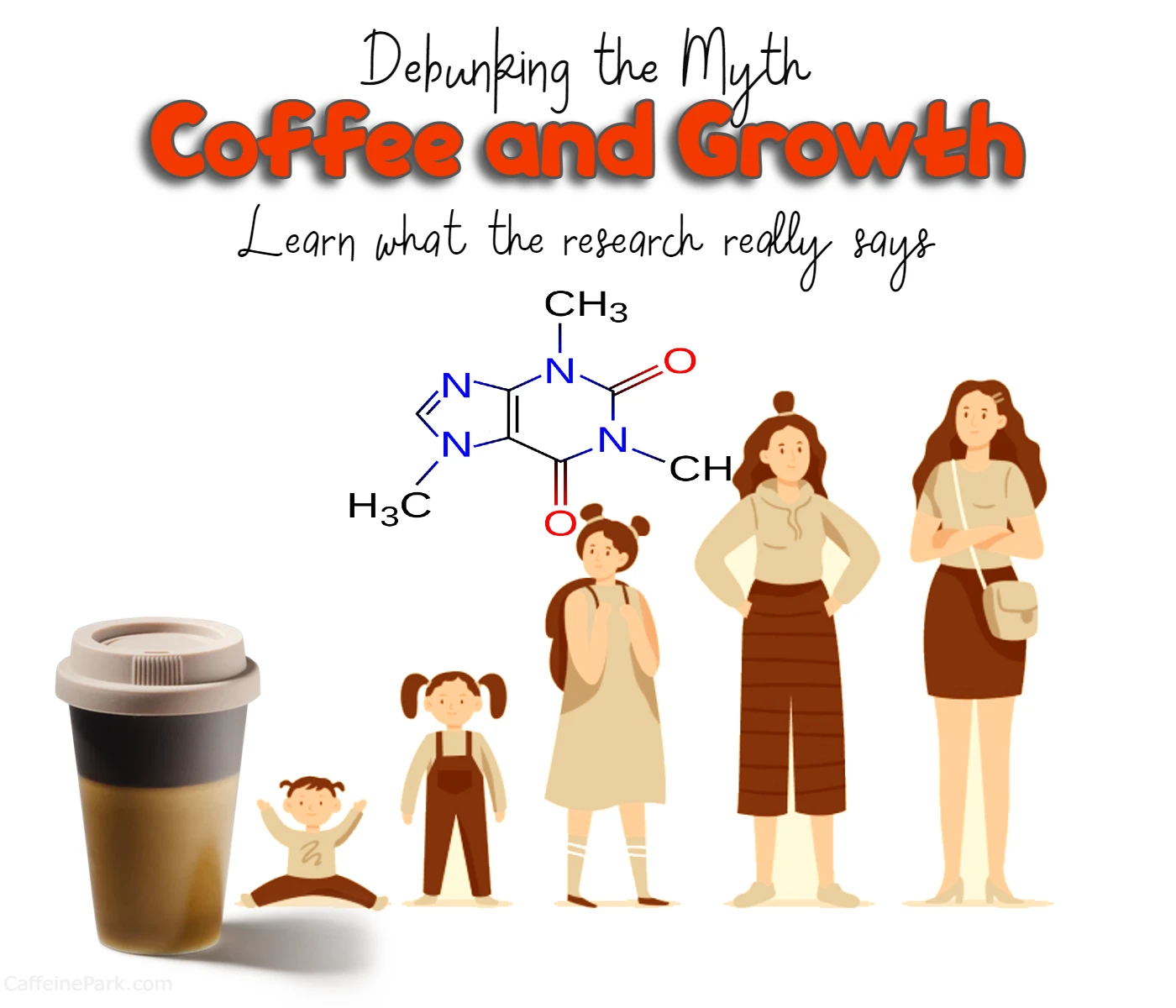Effects of Caffeine on Sport Performance

Caffeine is a stimulant that is found in many drinks, including coffee, tea, and soda. It is also available as pills or powder to be dissolved in water. Caffeine increases your energy level by stimulating the central nervous system.
Caffeine can help you stay awake and alert during the day and has been shown to improve athletic performance for some people. However, it can also cause problems such as anxiety and jittery feelings.
The benefits of caffeine in sport are that it improves athletic performance for some people but it can cause problems such as anxiety and jittery feelings.
Caffeine is the most commonly consumed psychoactive drug in the world. The stimulant effects of caffeine are felt within minutes of consumption and last for up to six hours. Caffeine has been shown to increase alertness, improve mood, and enhance physical performance.
There has been a lot of research on the benefits of caffeine for athletes. A recent study found that caffeine can help athletes maintain their power output during anaerobic exercise.
Benefits of caffeine for different types of sports
Endurance Sports
Endurance sports, such as running, cycling, and swimming, require sustained physical effort over an extended period of time. Caffeine has been shown to improve endurance performance in a number of studies. For example, one study found that caffeine improved cycling time trial performance by approximately 3%. Other studies have found that caffeine can improve running time and distance covered in endurance sports.
Caffeine may improve endurance performance by several mechanisms. First, it can reduce the perceived effort of exercise, making it feel easier to perform. This can be especially beneficial in the latter stages of an endurance event when fatigue sets in. Caffeine may also increase the availability of fat as a fuel source, which can spare glycogen stores and help to extend endurance. Finally, caffeine may improve muscle contractility, which can lead to improved power output and performance.
Team Sports
Team sports, such as football, basketball, and soccer, require a combination of endurance, strength, and power. Caffeine may be beneficial for these sports in a number of ways.
First, caffeine can improve alertness, focus, and reaction time, which can be especially important in fast-paced team sports where quick decisions and reactions are critical. In one study, caffeine improved accuracy and speed in a task that required rapid responses to visual stimuli. This could potentially translate to improved performance on the field or court.
Caffeine may also enhance muscle strength and power output. One study found that caffeine increased muscle strength by approximately 5% in a group of trained men. Another study found that caffeine improved bench press performance in untrained men. This could potentially translate to improved performance in activities that require explosive movements, such as jumping or sprinting.
Strength Sports
Strength sports, such as weightlifting and bodybuilding, focus on increasing muscle size and strength. Caffeine may be beneficial for these sports in several ways.
First, caffeine can improve alertness and focus, which can be especially important when performing complex lifts or trying to maintain proper form under heavy loads. In one study, caffeine improved mental focus and reduced perceived exertion in a group of weightlifters.
Caffeine may also improve muscle strength and power output. As mentioned above, several studies have found that caffeine can increase muscle strength and power output in trained and untrained individuals. This could potentially translate to improved performance in strength-based activities.
Power Sports
Power sports, such as sprinting and jumping, require explosive movements and short bursts of maximal effort. Caffeine may be beneficial for these sports in several ways.
Caffeine may also enhance muscle contractility, which can lead to improved power output and performance. In one study, caffeine improved jump performance in a group of trained men. Another study found that caffeine improved sprint performance in a group of untrained men. These findings suggest that caffeine may be able to enhance power output and performance in power-based activities.
Benefits of caffeine in sports
Improved Alertness and Concentration
One of the main benefits of caffeine for athletes is its ability to improve alertness and concentration. Caffeine acts on the central nervous system (CNS) by blocking the effects of adenosine, a neurotransmitter that promotes sleepiness. By blocking adenosine receptors, caffeine increases the release of other neurotransmitters such as dopamine and norepinephrine, which can improve mood and cognitive function.
This is particularly important for athletes who may need to be alert and focused during training or competition, particularly in sports that require quick reflexes and decision-making. Improved alertness and concentration can also help athletes to stay motivated and focused during long or intense training sessions.
Improved Physical Performance
Caffeine has been shown to have a range of effects on physical performance, including increased muscle strength and endurance, improved reaction time, and reduced fatigue.
One of the main mechanisms by which caffeine improves physical performance is by increasing the availability of muscle glycogen, which is the primary energy source used by muscles during intense exercise. Caffeine has been shown to increase the rate at which glycogen is broken down and used by muscles, leading to improved endurance and performance.
In addition to its effects on glycogen metabolism, caffeine may also improve physical performance by increasing the release of adrenaline, which is a hormone that helps to mobilize energy stores and increase heart rate, blood pressure, and blood flow to muscles.
Improved Endurance Performance
Caffeine has been shown to have the most consistent and pronounced effects on endurance exercise, such as running, cycling, and swimming. In well-trained athletes, caffeine has been shown to improve endurance performance by up to 3-4%. This may be due in part to caffeine’s ability to delay the onset of fatigue and improve muscle strength and endurance.
Improved Strength Training and High-Intensity Exercise
Caffeine may also have some performance-enhancing effects on strength training and other types of high-intensity exercise. In some studies, caffeine has been shown to increase muscle strength and power output, although the evidence is not as strong as for endurance exercise.
Improved Recovery
Caffeine may also have some effects on recovery after exercise. Some studies have shown that caffeine can reduce muscle soreness and improve recovery time after intense exercise. However, other studies have found no effect of caffeine on muscle soreness or recovery.
Hydration
There is a common belief that caffeine can cause dehydration, but this is not necessarily true. While caffeine is a mild diuretic, which means that it can increase urine production, the diuretic effects of caffeine are relatively mild and are not likely to cause significant dehydration in most people. In fact, some studies have found that caffeine can actually improve hydration status by increasing fluid absorption in the small intestine.
Dosing and Timing
The optimal dose and timing of caffeine for athletic performance may vary depending on the individual and the type of exercise being performed. In general, doses of caffeine ranging from 3-6 mg/kg body weight have been shown to be effective for improving physical performance in most people.
Conclusion on the effects of caffeine on sport performance
Caffeine can have both positive and negative effects on sport performance. It can increase or decrease your ability to perform depending on what you are doing at the time of consumption.
Caffeine can boost your energy levels and increase your alertness, but it can also be a diuretic and lead to dehydration. It is important to drink plenty of water with caffeine to avoid any side effects.
FAQs about Benefits of caffeine in sports
How much caffeine is optimal for sports performance?
The optimal dose of caffeine for sports performance is likely to vary depending on the individual, but research suggests that doses of 3-6 mg/kg body weight are effective for improving performance. For a person weighing 70 kg (154 lbs), this would be equivalent to 210-420 mg of caffeine.
It is important to note that caffeine sensitivity can vary significantly from person to person, and some people may be more sensitive to the effects of caffeine than others. It is generally recommended to start with a lower dose and gradually increase as needed to assess tolerance.
Can caffeine improve performance in all types of sports?
Caffeine has been shown to improve performance in a variety of sports, including endurance sports, team sports, strength sports, and power sports. However, the extent to which caffeine may improve performance may vary depending on the individual and the specific demands of the sport.
Are there any risks associated with caffeine consumption in sports?
While caffeine can be beneficial for sports performance, it is important to note that it can also have negative side effects if consumed in large amounts. These can include jitters, insomnia, increased heart rate, and digestive upset. It is generally recommended to consume caffeine in moderation and to avoid consuming high doses immediately before competition.
Additionally, caffeine is a stimulant that can be addictive and may cause withdrawal symptoms if stopped abruptly. It is generally recommended to consume caffeine in moderation and to avoid relying on it as a sole means of improving performance.
Is it safe for children and adolescents to consume caffeine for sports performance?
Caffeine is generally considered safe for adults when consumed in moderation, but it may not be appropriate for children and adolescents due to the potential for negative side effects and the risk of addiction. Children and adolescents may be more sensitive to the effects of caffeine and may be more prone to developing dependence.
The American Academy of Pediatrics recommends that children and adolescents limit their caffeine intake to no more than 100 mg per day. This is equivalent to about one 8 oz (240 mL) serving of coffee. It is generally not recommended for children and adolescents to consume caffeine as a means of improving sports performance.
Can caffeine be consumed in other forms besides coffee, tea, and supplements?
Caffeine is found naturally in a number of foods and beverages, including coffee, tea, chocolate, and some types of soda. It is also available in supplement form, including tablets, capsules, and energy drinks.
Caffeine can also be found in some medications, such as headache remedies and cold and flu remedies. It is important to read labels carefully and be aware of the caffeine content of any products being consumed.
Does caffeine have any performance-enhancing effects beyond exercise?
Caffeine has been shown to improve alertness, focus, and reaction time in a variety of situations, not just during exercise. For example, caffeine has been shown to improve cognitive performance in tasks that require sustained attention and reaction time, such as driving and studying.
Caffeine may also have performance-enhancing effects on non-exercise tasks that require physical effort, such as manual labor. However, more research is needed to fully understand the potential effects of caffeine on non-exercise tasks.
Read More:
Contents
- Benefits of caffeine for different types of sports
- Benefits of caffeine in sports
- Conclusion on the effects of caffeine on sport performance
- FAQs about Benefits of caffeine in sports
- How much caffeine is optimal for sports performance?
- Can caffeine improve performance in all types of sports?
- Are there any risks associated with caffeine consumption in sports?
- Is it safe for children and adolescents to consume caffeine for sports performance?
- Can caffeine be consumed in other forms besides coffee, tea, and supplements?
- Does caffeine have any performance-enhancing effects beyond exercise?





